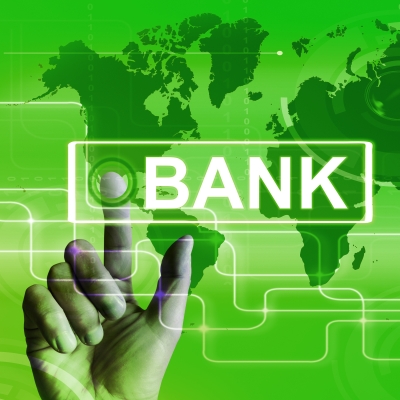The internet has certainly made our lives more convenient in many aspects, and banking is one such area. You can easily set up bill pay, account transfers conduct a transaction, deposit a check, or and peek at your balance in seconds. Articles such as Your Information Has Been Exposed in a Data Breach – Now What?, make us acutely aware our information floating around the world wide web makes it vulnerable, and gives steps to protect it should it be compromised.
Yes, there is a risk, but when you take the proper precautions, you can dramatically reduce the chances you will fall victim to these unscrupulous people looking to steal your account information. Here are just a few tips to keep you banking information safe online.
Phishing
Phishing scams are a common way for thieves to gain access to your banking information. By using fake emails and fake websites, they trick consumers into entering sensitive information into a website, such as a password or social security number.
The reason they work so well is the emails and the sites look really good, and you easily follow the request without noticing the red flags. One of the most common tactics is preying on your emotions, with messages warning you that your account may have been compromised in some way, urging you to visit the site and change a password,etc..
Always look at the email address—that is usually a dead giveaway. An email from Paypal for example, won’t be something like paypal4334 @ gmail.com. If you do click on a link and the site looks suspicious, don’t proceed. If you are concerned over the legitimacy of an email, log onto the bank’s official site, and call the customer service number.

Malware
Malware can compromise a computer’s normal function or gather sensitive information. The two most common ways to be infected are opening email attachments and visiting websites that do not have strong security measures in place. These programs allow criminals to easily get their hands on all data, from your password to account numbers.
This is one of the most common ways people get information stolen, yet one of the easiest to prevent. The measures to protect your computer against malware are pretty basic and straightforward, it is just a matter of making sure you do them.
Always keep your devices updated with the most recent ‘fixes’ and updates. When you don’t apply them, your computer becomes more vulnerable. Use a good antivirus software, and always make sure you download the latest definitions for maximum protection.
Only connect to your internet at home through a network firewall. You should also have a firewall installed on your laptops and other devices you use to access the internet.
Protecting against Identity Theft
Identity theft is a real concern, and the above two ways offer criminals a way to get their hands on the data they need to establish accounts in your name. There are also some other considerations to maximize your protection against this situation, which can be a bit of a nightmare to resolve.
Be careful about what you post on social media—with the abundance of personal information people make available online, it is easier than ever to figure out passwords, and the like. Keep profiles private so only people you have already connected with and trust can see what you post.
Don’t access your banking information on public computers, such as those you might find at your local library or university. Public wi-fi isn’t great, but since financial institutions encrypt their own sites, your information is still relatively safe. Just use caution.
Create complex passwords that are at least eight characters long, preferably 12, and don’t use the same one for multiple accounts.
Review your transactions on a regular basis to catch any suspicious activity early and nip it in the bud. For example, many thieves may test the waters with your debit card information by making a small purchase to see if it goes through—you want to catch them in the beginning.
Your best defense against theft of your financial information is being educated on the ways to protect yourself. As you can see, some of the most effective measures are quite simple.
